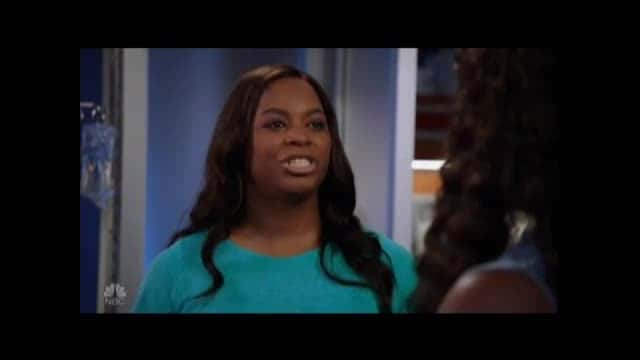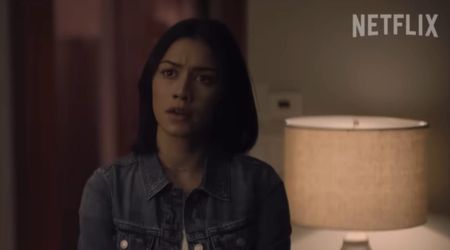NBC's 'Chicago' franchise needs to do better when it comes to LGBTQ representation and not fall for 'Dead Lesbian Syndrome'

When 'Chicago Fire' first started airing in the fall of 2012, the show featured Lauren German as an openly gay paramedic, Leslie Shay who would often crack self-deprecating jokes about it. However, in the third season's premiere episode, Shay was killed when a pipeline fell on her head. Being what was possibly the most prominent gay character on a Dick Wolf show meant that Leslie Shay was a breath of fresh air. Many of Dick Wolf's shows have been criticized for the lack of LGBTQ representation, especially his long-running show 'Law and Order: Special Victims Unit'.
Leslie Shay's death angered many fans. For one, this was one in many lesbian characters being killed off in favor of other characters' storylines, this trope is popularly known as the 'Dead Lesbian Syndrome'. This trope gained major attention following the death of a character in the show, 'The 100'. When Lexa is shot soon after the consummation of her relationship with Clarke (the lead who is bisexual), fans were enraged at the unnecessary death of a character to fuel the development of another. In a debate that still continues among 'Clexa' (Clarke+Lexa) fans today, many have noticed a disturbing trend of unfortunate ends for LGBTQ characters.
Leslie's death not only covered the 'Dead Lesbian Syndrome', but it also covered the 'Gay but not too gay' and 'All lesbians have kids' tropes. The 'Gay but not too gay' trope implies that the sexuality of characters who identify as LGBTQ is usually only implied in snippets of conversation. The 'All lesbians are mothers' trope comes from the fact that most lesbian characters' storylines on TV revolve around them wanting to be mothers. In her last few episodes, Leslie and Severide (played by Taylor Kinney) who were BFFs and were talking about having a child together.
Before Leslie was written off, she was one of the most-loved LGBTQ characters on television at the time. When asked about why Leslie Shay was chosen to be killed off, the show's creators said they felt her character's death would have the most impact on other characters. It certainly did on Severide who was quite shaken up in the wake of Leslie's death. Many fans did not like this and they felt the creators' reasoning was weak.
In season 7, 'Chicago Fire' added the character of Emily Foster, played by Annie Ilonzeh. Foster is a paramedic and her character was added in the wake of Gabby Dawson's (Monica Raymund) departure. Not only do they not use the word 'bisexual' to refer to Emily's character, but they also use the trope of the 'Promiscuous bisexual' with her. Her character has not been explored much, except for the revelation that she cheated on her boards and got kicked out as a surgical resident.
Moving over to 'Chicago Med', there have been two LGBTQ characters, but both are minor. One is Denise (played by Alexandra Grey), the trans-sister of Maggie Lockwood (played by Marlyne Barrett) who is the head of the Gaffney Medical Chicago Center. One episode focused on Maggie coming to accept Denise the way she is. The second episode featured Denise's abusive boyfriend who turned out to be transphobic. The other LGBTQ character on the show is Terry McNeal (played by Colby Lewis) and is a recurring character in season 4. And because he is recurring, the viewers don't get to see much of his personal development or relationships.

But 'Chicago Med' and 'Chicago Fire' still fare better when compared to 'Chicago P.D.'. There has never been one main or recurring character who is a member of the LGBTQ community on the show. For three shows set in a city that has a Wikipedia page on the LGBT culture, the 'Chicago' franchise has a woeful depiction of this community. The city is known to have one of the most inclusive communities as well as the largest LGBTQ celebrations in the United States.
Dick Wolf and other Executive Producers of the 'Chicago' franchise need to do better and give the LGBTQ community the representation it deserves.










